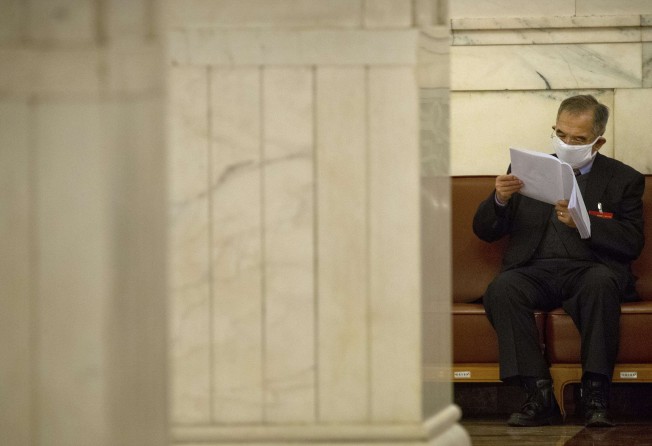China shuts doors to overseas media in corridors of power
The CPPCC is cutting off one of the few chances foreign journalists have to talk to top delegates

The annual two sessions might look the same this year, with delegates in flamboyant costumes putting on a show of diversity for state-run TV.
But no women delegates from remote villages, no fur-garbed ethnic minority elites, and no white-collared Catholic priests could hide the fact that the political show is indeed changing – it’s getting much harder to meet the people who really matter.
The country’s top political advisory body, which ends its annual session today, has stopped letting overseas journalists into discussion panels for several key subgroups.
For the first time in recent years, neither subgroups under the ethnic minority sector, nor the only subgroup under religion, was open to overseas media.
They are one of the few chances to speak directly to senior officials but even then they rarely let their guard down.
I once met a retired ethnic Uygur official from Xinjiang , who thundered at length on racial unification in one session only to say afterwards that he had caught a cold and couldn’t comment.
The subgroup of social sciences, which was open last year, was also closed to foreign journalists this time around. The group includes top intellectuals in the humanities, including Communist Party ideology guru Shi Zhihong.
“It was open to overseas media before, but not this year,” subgroup member and Tsinghua University professor Wang Ming said. “The special arrangement was never discussed.”
The arrangement was never explained to Wu Jiang, also a member of the group. “Except for a half-day of internal discussions, we saw mainland journalists alongside every session of the panel,” said Wu, former director of the Chinese Academy of Personnel Science.
All three groups of the education sector are closed to overseas media this year, too. The groups include chancellors, professors and private educators from around the country. It is, of course, never explained why the groups were closed but it may have been to head off interest in an area that President Xi Jinping considers to be on the ideological front line.
And with US President Donald Trump stirring up the uncertainty around the world, the Chinese People’s Political Consultative Conference also blocked overseas journalists’ access to the foreign policy subgroup. When delegates were recognised and doorstopped during the CPPCC sessions, the most convenient way to dismiss journalists sniffing around was to say : “I’m busy at the moment. You’re welcome to our subgroup discussion.”
But apparently we aren’t welcome, not any more.